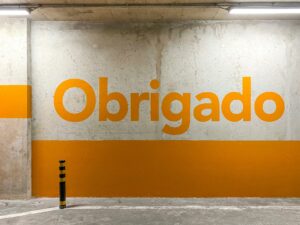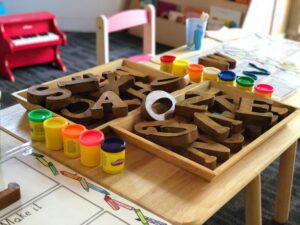
Portugal schools
Portugal Country Guide
Everything you need to know about moving to Portugal
Expats Guide to Schools in Portugal
Young expat families have options when it comes to schooling in Portugal
For families with children moving abroad, one of the most significant considerations is where to go to school. Luckily, Portugal boasts a range of high quality schooling options.
Navigate page
Overview of Schooling in Portugal
Portugal offers a diverse and comprehensive educational system. The country has compulsory basic education from ages six to eighteen, including primary and secondary school. The Portuguese system starts with basic education, which follows a universal curriculum. Secondary Education follows, which is like high school (grades 10 to 12) in North America. At this point students are encouraged to choose classes according to their preferences, which may also dictate their university course of study. The schooling options in Portugal include: public, private, international/bilingual, and home-schooling.
Public Schools in Portugal
Public schools in Portugal offer primary and secondary education to Portuguese citizens and residents for free. The public school system in Portugal includes a nine-year compulsory basic education cycle, which includes six years of primary education followed by three years of secondary education.
The curriculum emphasizes core subjects, including language, mathematics, science, and humanities. Portuguese public schools often follow centralized and standardized approach, with a national curriculum dictating the learning objectives and content. While the quality of public schools varies, some are highly respected and considered superior to private schools.
All public education is in Portuguese, but English is a mandatory part of the curriculum. Public schools may provide intensive Portuguese classes to foreign students to help them catch up.
Not sure where to start?
Speak with an international relocation specialist for free
Private Schools in Portugal
In Portugal, expats have a wide network of private schools choose from. These private institutions often boast smaller class sizes, a range of extracurricular activities, and better facilities when compared to public schools. It’s important to note, however, that while private schools often offer enhanced amenities, this does not mean academic results are necessarily better. Many Portuguese private schools are Catholic.
Note: StartAbroad maintains an active database of private schools and international schools in Portugal. Reach out to info@startabroad.com for more information.
International Schools in Portugal
For expat families looking for a schooling option that offers a seamless transition between Portugal and their home country, international schools are an excellent choice. These schools follow international curricula, such as the International Baccalaureate (IB) program, and often offer instruction in English.
This setup allows students to maintain proficiency in their native language while becoming fluent in Portuguese. Bilingual and international schools often have smaller class sizes, providing personalized attention to students.
Note: StartAbroad maintains an active database of international schools across Portugal. Reach out to info@startabroad.com for more information.
Homeschooling in Portugal
Homeschooling, or ensino doméstico, is legal in Portugal, but it is subject to fairly stringent regulations and requirements.
Here are some things to keep in mind if you’re interested in homeschooling.
- Notification to the Ministry of Education: Homeschooling parents must submit a formal request to the Ministry of Education.
Approval and Monitoring: The Ministry of Education evaluates homeschooling requests on a case-by-case basis. If approved, families are subject to periodic assessments to ensure that the education provided is in accordance with the national curriculum.
Curriculum: Homeschooling families are required to develop and follow a curriculum that is consistent with the educational objectives defined by the Portuguese government. This includes subjects such as Portuguese language, mathematics, science, and social studies.
Assessment: Periodic assessments may be conducted to evaluate the academic progress of homeschooled children. These assessments help ensure that students are meeting educational standards.
Helpful resources



Partner Article: Protect Yourself From Currency Volatility When Purchasing a Property in Portugal
Portugal client reviews

StartAbroad made the process easy and manageable. Anna is the BEST, she informed me of the necessary steps to get me to Portugal. StartAbroad helped with housing, needed documents, and the million questions I had. I highly recommend their services if you want an easy and very manageable process to travel and live overseas.
Joyce L.
Portugal Concierge Client

Richard F.
Rental Search Client

We greatly appreciated the personable…concierge service that StartAbroad offered. [They] listened to what we said and what we did not say and helped us plan a very fun, but strategic exploratory trip. We were able to see multiple cities during our very brief visit and have a lot of fun along the way.
Tea N.
Exploratory Trip Client
Join our mailing list
Receive monthly newsletters, special offers, insider information, and more.

